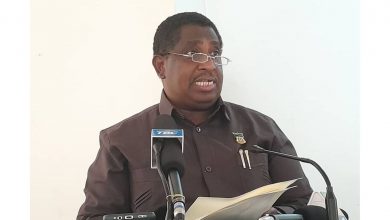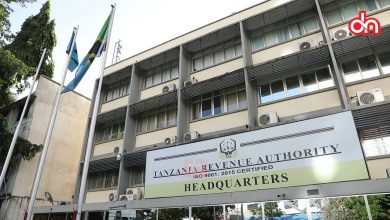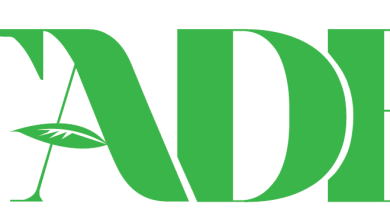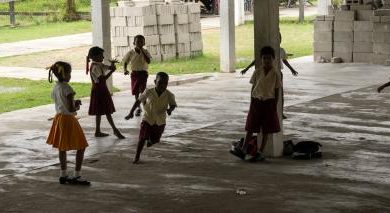Women with disabilities call for inclusive development planning in Kibaha
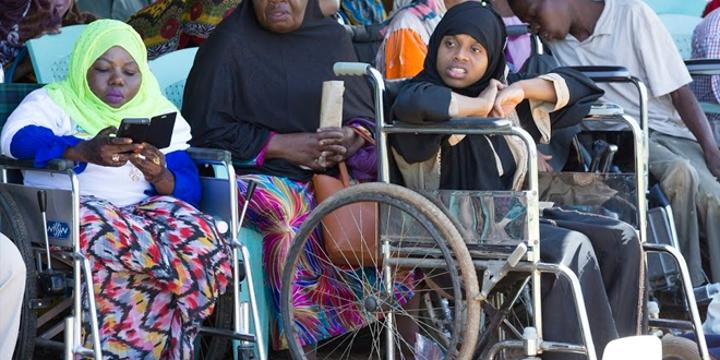
COAST REGION: DESPITE ongoing government efforts to improve accessibility, women with disabilities in Tanzania continue to face exclusion from development plans and budgeting processes, particularly due to the lack of disability-friendly infrastructure and limited participation in decision-making.
To address this gap, the Movement of Women with Disabilities in Tanzania (MOWADITA), in collaboration with Action on Disability and Development (ADD) International and funded by UN Women, conducted a two-day training on Advocacy and Inclusive Budgeting in Kibaha Municipal Council, Coast Region.
Held in Mkuza Ward, the training brought together government officials, local leaders, and community influencers to promote the inclusion of people with disabilities, especially women in local development plans and budget allocations.
ALSO READ: Tourism initiative launched to promote inclusion of people with disabilities
“This training is part of our broader efforts under the Strengthening Women and Girls with Disabilities’ Meaningful Participation in Leadership and Economic Rights (WDLER) project,” said MOWADITA Director Ms Nuru Awadh.
“We’ve identified serious gaps such as the absence of accessible toilets and ramps. This is why we decided to directly engage with policymakers.” Gender Coordinator at ADD International, Ms Asteria Gwajima described the training as a vital platform for dialogue between women with disabilities and decision-makers.
“It’s a space where both groups can share their experiences and propose actionable solutions to ensure future projects do not exclude people with disabilities,” she said.


